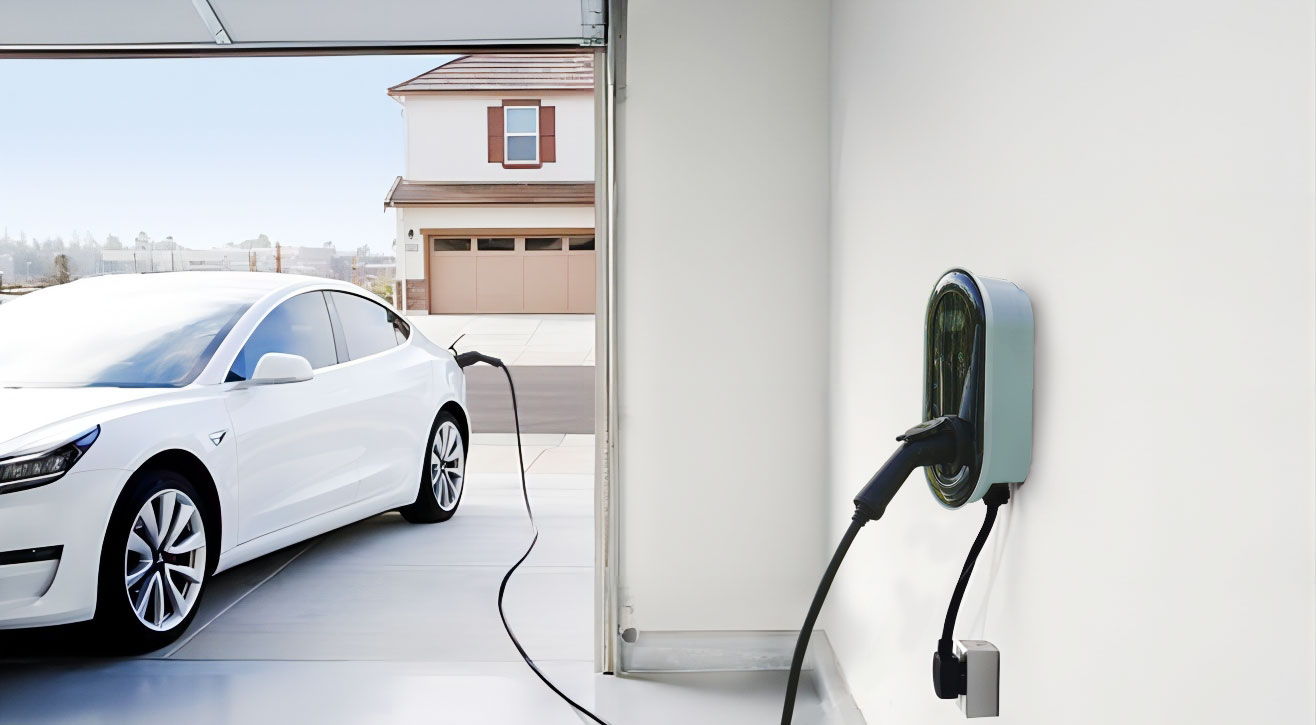As electric vehicles (EVs) become more popular, the need for reliable and efficient charging infrastructure becomes even more important. This is where smart AC EV chargers come into play.
Smart AC EV chargers (also known as charging points) are the key to unlocking the full potential of electric vehicles. Not only do these chargers provide a fast and convenient way to charge electric vehicles, but they are also able to communicate with the grid and other charging points. This means they can optimize the charging process to reduce overall energy consumption and emissions.

One of the main ways smart AC Car chargers reduce emissions is by being able to schedule charging during off-peak hours. By charging electric vehicles when power demand is low, the grid can use renewable energy more efficiently, thus lowering emissions. In addition, smart chargers can prioritize charging based on the availability of renewable energy, further reducing the environmental impact of electric vehicles.
Additionally, smart AC Charge points can adjust charging rates based on grid conditions. This means they can slow or pause charging during periods of high demand, helping to maintain grid stability and reliability. By doing so, smart chargers not only reduce emissions from power generation but also help improve overall grid efficiency.
In summary, smart AC Electric Car Chargers play a vital role in further reducing EV emissions. By leveraging advanced communication and control capabilities, these chargers can optimize the charging process, minimize energy consumption and maximize the use of renewable energy. As the adoption of electric vehicles continues to grow, the deployment of smart charging infrastructure is critical to achieving a sustainable and low-emission transportation system.
Post time: Jan-18-2024
